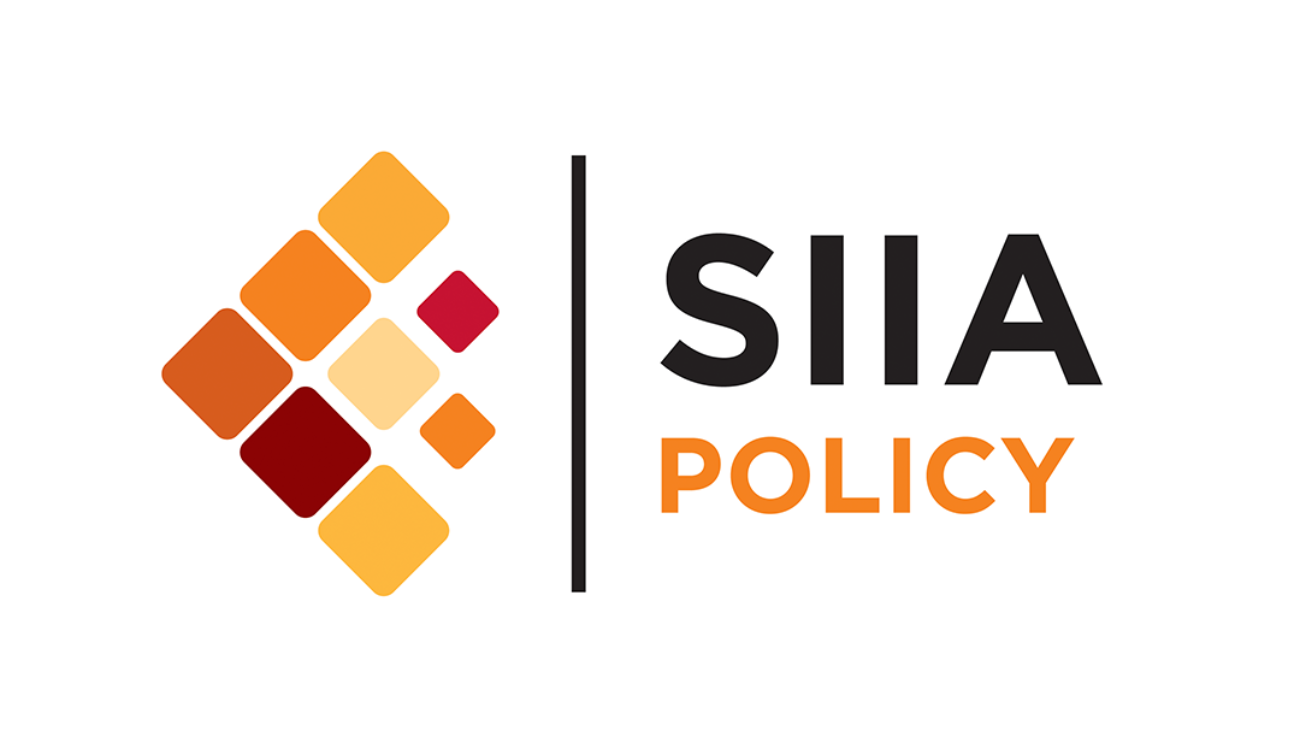“Regrets, I’ve had a few, but then again, too few to mention,” Frank Sinatra crooned to us in My Way. Apparently, thousands more of us did mention their regrets in a World Regret Survey created by best-selling author Daniel Pink. Those posts led to his latest book and some advice on how we should embrace and learn from our regrets, not mire in them.
The last we heard from Pink, he was talking about his 2018 book, When: The Scientific Secrets of Perfect Timing.
He gave us advice like, “Managers shouldn’t start a corporate change initiative on a Thursday—start it on the day after a federal holiday, or at the beginning of a quarter, or on a Monday,” Pink says. The basis of this was similar to research that says that we are twice as likely to run a marathon at age 29 than age 28 or 30. “Endings have this power to galvanize us” he said.
He also presented the day in three stages: a peak, a trough and a recovery. He wanted us doing analytic tasks in the morning, administrative tasks—emails, expense reports, etc.—in the midday, and insight problems in the afternoon. “…We’re less vigilant [then] than during the peak,” he said. “[But] that looseness—letting in a few distractions—opens us to new possibilities and boosts our creativity.”
 Well, timing flies because Pink is back with a new book: The Power of Regret: How Looking Backward Moves Us Forward, and just that title alone had me pondering lost loves, projects started at the wrong time, emails written too quickly and not ever getting Pink as an event speaker. But he wants us to embrace those regrets and learn from them; they’re simply human.
Well, timing flies because Pink is back with a new book: The Power of Regret: How Looking Backward Moves Us Forward, and just that title alone had me pondering lost loves, projects started at the wrong time, emails written too quickly and not ever getting Pink as an event speaker. But he wants us to embrace those regrets and learn from them; they’re simply human.
According to a Washington Post story, he has “spent the past 18 months gathering and analyzing thousands of regrets from his World Regret Survey, an opt-in website with posts from 105 countries. “Regrets are part of life. We all have something we wish we had done differently—or some action we wish we had taken or not taken,” the survey begins. “Please look back on your life for a moment. Then describe in 1 or 2 sentences one significant regret you have.”
What started this book? Anticipating his daughter’s 2019 college graduation, Pink started looking back on his own college years, wishing he had worked harder and taken more risks. “When I came back and started talking to people about it, in a somewhat sheepish way, I found that people really leaned in,” he said. “It surprised me that they wanted to hear more and they wanted to share their own regrets.”
He found “four core regrets.” “Foundation” regrets sound like “if only I’d done the work,” he writes, pointing to abandoned health goals and empty savings accounts. “Boldness” regrets loom with questions of “what if?” They are the vacation you never took, the business you didn’t start—”shadows of a more vibrant life unlived.” Of course, “Connection” regrets led the way—it’s the one I sent in—losing touch with friends and family members, regretting the romantic connection that could’ve been.
“Moral” regrets is the fourth category. “I had so many people talking about bullying I couldn’t even believe it,” Pink said. “It suggests stamped somewhere in our DNA and buried deep in our souls is the desire to be good.”
A popular sentiment was people’s desire that they had spoken up more at work. “That was a surprise to me just in general,” Pink told Forbes. “People want to have careers and workplaces where they feel safe enough to do something, to say what they think, to take a chance. I think [there’s] a big lesson for companies in that.”
He has more advice for people in charge. “Especially for leaders, talking about their regrets is in some ways a kind of an implicit invitation for others to share their regret. They say, well, if she can share her regret about not taking a chance or hiring the wrong person, then I can certainly share my regret about something that I felt bad about earlier in my career. The point is to use it productively—to say, ‘okay, wait a second. This is information. We’re going to think about this. And we’re going to go through a process to extract a lesson from it.’”
And as far as excoriating ourselves over missed connections or job moves we didn’t make or not starting something sooner, Pink says go easy. “What surprised me was looking at the research for the effectiveness of self-criticism and realizing there’s not much evidence that it’s any good.”
















